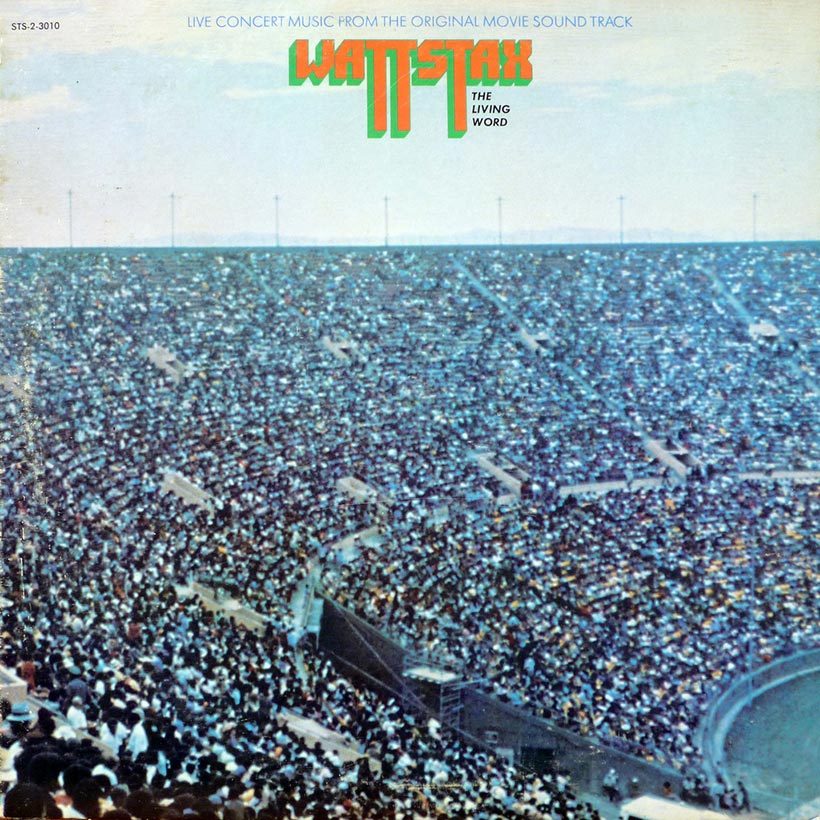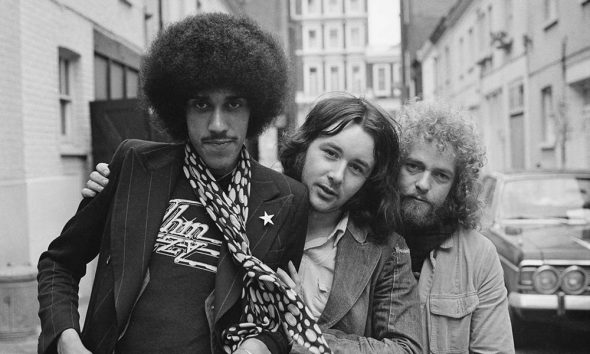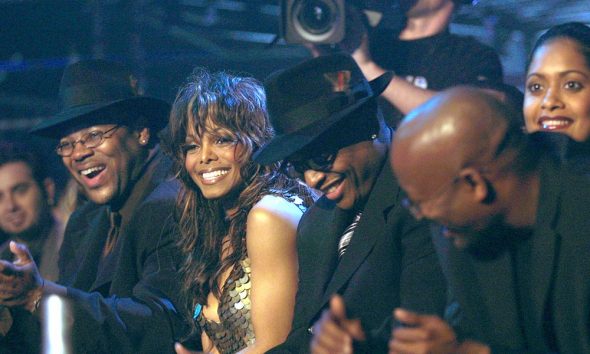‘Wattstax: The Living Word’: Bringing Soul Straight To Your Home
The soundtrack album to the 1972 festival, ‘Wattstax: The Living Word’ captured the power, heart and sense of unity and purpose behind the pioneering event.

If you were a soul music fan and young-ish in Los Angeles during the summer of ’72, you had to be one of the estimated 112,000 other festival-goers that witnessed the first act to hit the Memorial Coliseum stage on August 20. Wattstax was massive. The event grew out of a desire to celebrate a black and rebellious area of LA, which had burned in the 1965 Watts riots. Anniversary shows had taken place every year since, but when Stax got involved, it ballooned. The record label hired a stadium, charged fans a mere dollar to get in, and brought the best of its roster to strut their stuff. An acclaimed movie, Wattstax, appeared in 1973, as did Wattstax: The Living Word, a double album of performances from the show. Well, mostly.
Listen to Wattstax: The Living Word now.
The format was a throwback to 60s-style events: there were no long breaks between artists; act after act rolled on and off stage one after another. The resulting Wattstax album didn’t follow the exact running order of the show, and some artists who appeared, such as Tommy Tate, Kim Weston, The Temprees and David Porter, didn’t make the initial vinyl cut. Two songs were re-recorded for technical reasons. However, the collection still offers a decent representation of the biggest black musical gathering of its era, and offers a powerful sense of what it must have been like to be there.
There is no shortage of Stax hits, and despite a sense that the label was keen to present itself as a down-with-the-70s company, it retained considerable loyalty to its 60s acts. Hence we get Eddie Floyd inevitably delivering his greatest hit, “Knock On Wood,” and making a great job of it with its rhythm funked up one level. The Bar-Kays remind us that Otis Redding helped make the label so massive with a gritty version of “I Can’t Tell You Loose” before burning through a funkily psychedelic “Son Of Shaft.” Carla Thomas performs her first hit, “Gee Whiz,” and somehow manages to make the biggest show of her life sound intimate, and her (in some senses, label-founding) father, Rufus, barks through “Do The Funky Chicken” and its avian dancing partner in a dinner suit, “Do The Funky Penguin.” There’s the blues from guitar star Albert King, including the title track of his excellent I’ll Play The Blues For You album and Howlin’ Wolf’s “Killing Floor,” which King presumably included as it had been resurrected by Led Zeppelin’s, er, adaptation.
However, Stax was a living, breathing entity with cutting-edge stars. The Staple Singers hit the stage early to set the tone. Their versions of their contemporary hits “I’ll Take You There” and “Respect Yourself” were effortlessly punchy and full of soul; the lesser-known song of black awareness, “I Like The Things About Me,” was beautifully easy swamp-funk. The underrated Soul Children, like a more sock-it-to-me Staples, brought a great, gospel-y version of “I Don’t Know What This World Is Coming To” and their hit single “Hearsay,” with lead voice J. Blackfoot Colbert in fine form.
If Isaac Hayes’ thousands of fans were perhaps shocked to see that the Black Moses only took one track on the original double-vinyl edition, be cool. It was a 14-minutes-plus reworking of Bill Withers’ “Ain’t No Sunshine,” and as symphonic as you’d care to hear without so much as a violin being bowed. Hayes, naturally, has the massive audience awestruck.
The Wattstax album may not be quite so sprawling as the massive undertaking that was the day itself (though, decades later, CD editions added performances galore), but it does underline that times have changed. How many modern listeners have the time to sit and play a double-LP of a live gig? Perhaps we should make time. Despite the hype afforded to innumerable festivals these days, none offer the power, heart, and sense of unity and purpose of this one-off event. You didn’t have to be there to feel it: Stax captured it to bring the soul straight to your home.












